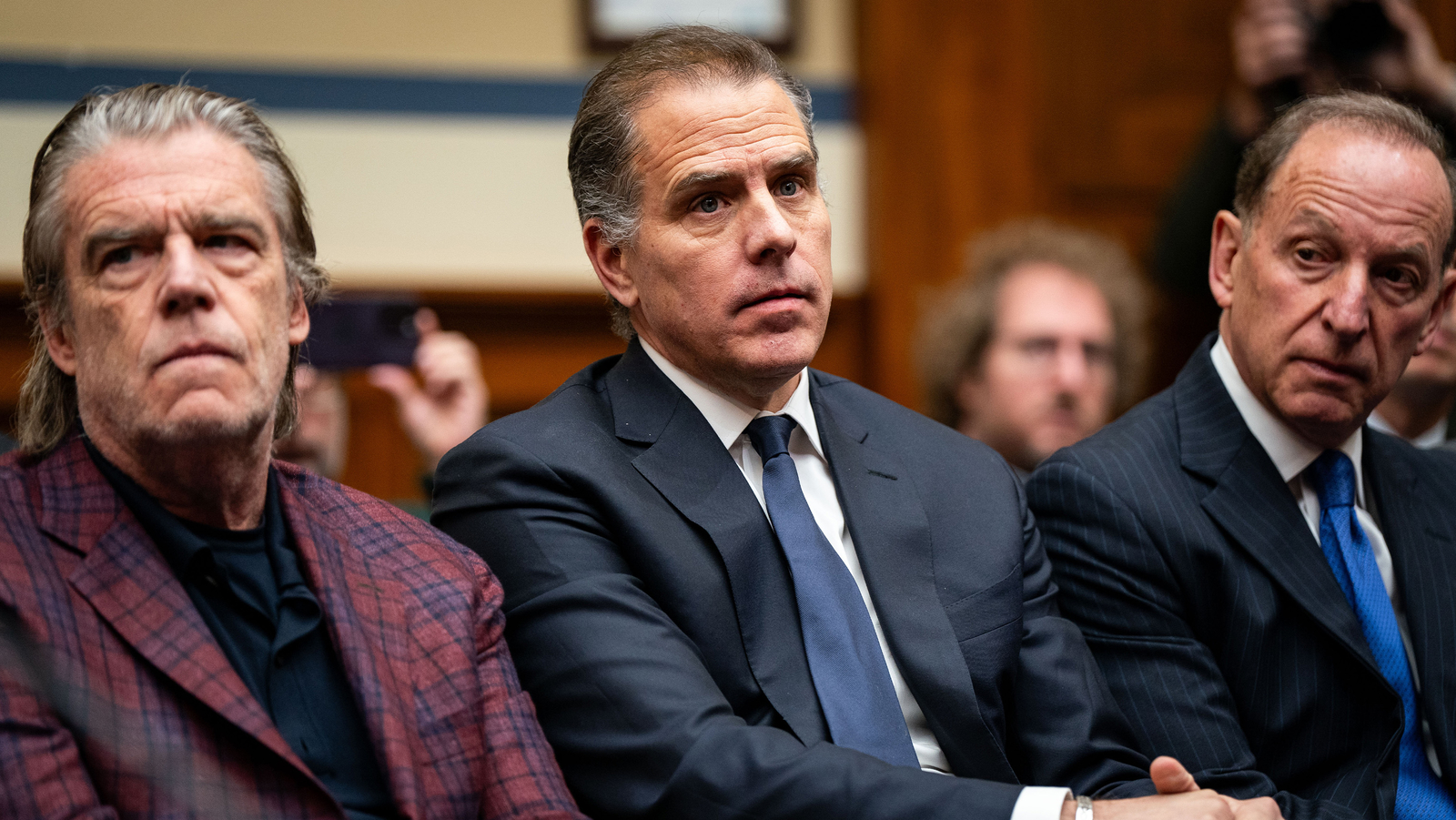The House Oversight Committee has marked its calendar for a February interview with James Biden, President Biden’s brother, as part of a broader exploration into the financial dealings of the Biden family. This inquiry is set to delve into two loans made by President Biden to his brother and delve into other business ventures involving James and Hunter Biden.
James Biden is slated for an interview on February 21, following recent subpoenas issued to both him and Hunter Biden by the committee. House Republicans are honing in on the business activities of both brothers, raising concerns about potential influence-peddling with foreign companies and questioning whether loans between them form part of a larger bribery scheme.
Despite these concerns, there’s a lack of concrete evidence to substantiate the bribery theory. According to records reviewed by The Hill, money wired from President Biden’s accounts to his brother was promptly repaid.
While the committee diligently tracks financial transactions involving Hunter and James Biden, establishing a clear improper connection between their work and President Biden remains a challenge. All financial dealings between family members are stated to be personal loan repayments.
Specifically, Republicans are spotlighting two checks from James Biden to his brother, one for $200,000 and another for $40,000, both issued when Joe Biden was not holding a political office. The $200,000 check was framed as a loan repayment after James received a loan from Americore Health. The $40,000 check was labeled a loan repayment and coincided with Hunter Biden’s deal with a Chinese energy company.
Democrats argue that these transactions represent short-term loans between family members during a period when Biden was a private citizen. Attempts to link these funds to bribery allegations stem from debunked claims related to Biden’s actions as vice president in Ukraine.
These claims suggest that Biden’s efforts to remove Ukrainian prosecutor Viktor Shokin were motivated by benefiting his son’s role on the board of Burisma, a Ukrainian energy company. However, evidence indicates that Biden’s actions were consistent with international concerns about Shokin’s failure to address corruption, and State Department records show that aid to Ukraine was withheld due to these concerns.
In reality, Shokin was not actively prosecuting Burisma, and the decision to withhold aid was based on his failure to implement meaningful reforms. The intricate nature of these financial dealings and their connection to broader political narratives underscores the ongoing challenges in untangling the web of allegations surrounding the Biden family.















































